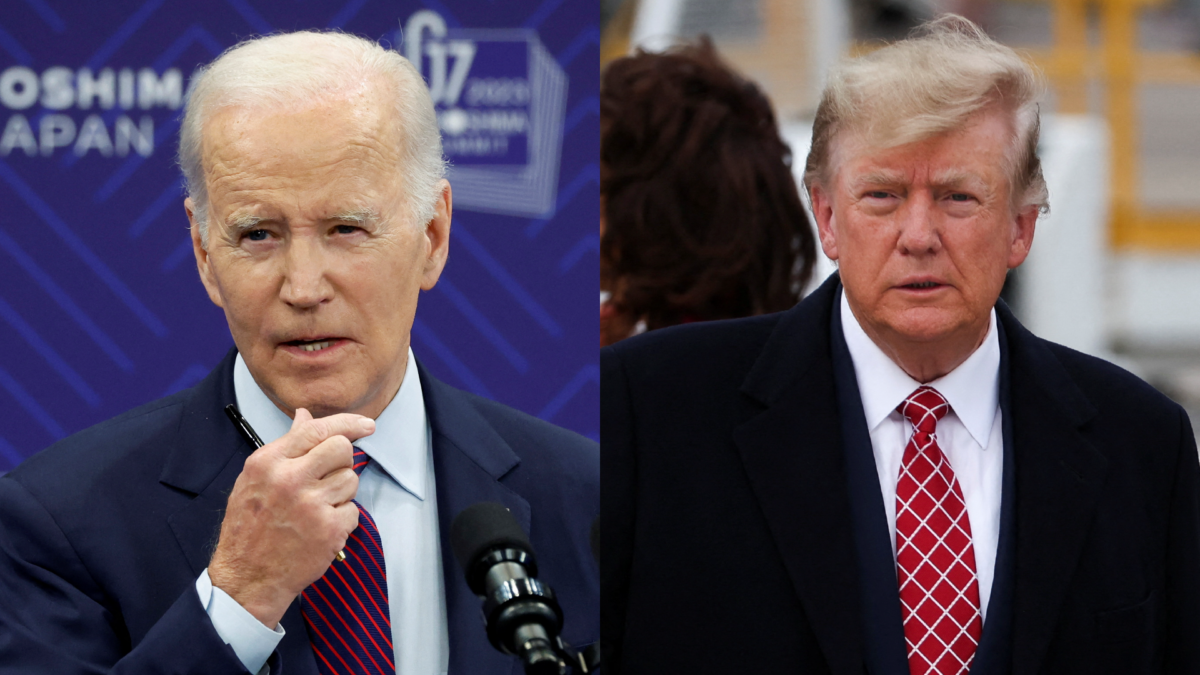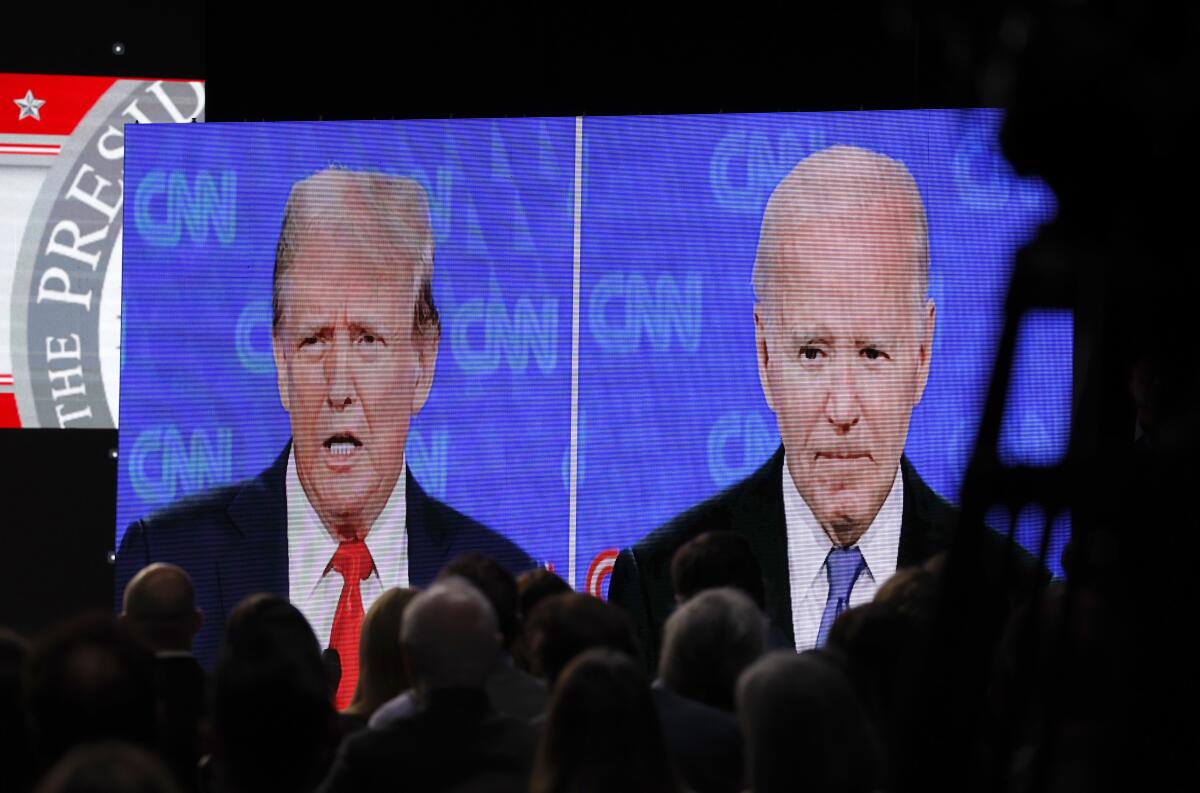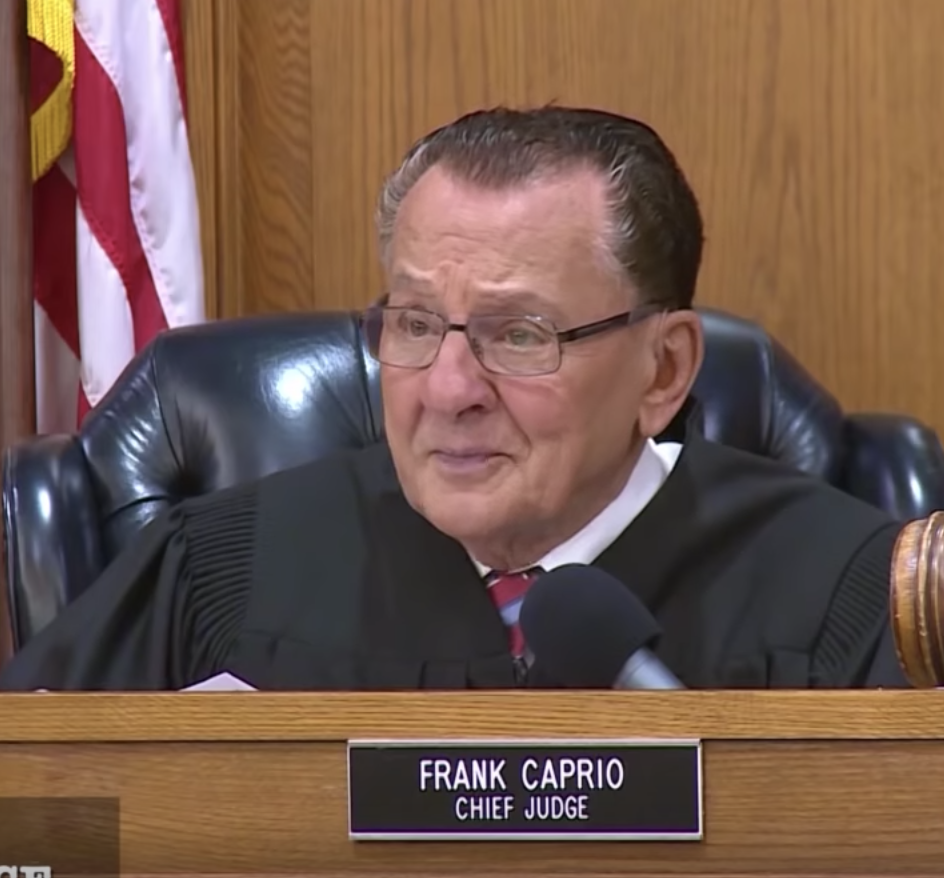All focus is on President Obama and Congress as to whether the U.S. will enter into a “limited” attack on Syria as a response to their use of chemical weapons.

This is a difficult issue and there are no easy answers. As The New York Times (Sept. 5), recently made clear, the rebels opposing Syrian President Bashar al-Assad have demonstrated their own brutality with video executions.
In looking at the issue from an ethical perspective, a number of questions crossed my mind: Shouldn’t anyone using weapons, deemed by most of the world as illegal and immoral, be held accountable? Considering the Dali Lama’s precepts of peace, should we not treat even the most monstrous of criminals with compassion? On the other hand, who speaks for the victims? Don’t they deserve justice?
In such an environment, can both accountability and compassion be achieved?
Let’s begin with some history.
The 1993 Chemical Weapons Convention, signed by 189 countries, was brought about to prohibit the production of chemical weapons and mandates their destruction. Syria, however, refused to sign the treaty. While the use of these weapons has been banned by most of the international community, there is considerable history pointing to incidents where the United States has not acted against those using chemical weapons.
According to The Washington Post’s Fact Checker, Glenn Kessler, “…during the grinding Iraq-Iran war in the 1980s… the Reagan administration knew full well it was selling materials to Iraq that was being used for the manufacture of chemical weapons, and that Iraq was using such weapons, but U.S. officials were more concerned about whether Iran would win rather than how Iraq might eke out a victory. …
“In 1988, Iraqi leader Saddam Hussein ordered chemical weapons attacks against Kurdish resistance forces, but the relationship with Iraq at the time was deemed too important to rupture over the matter,” Kessler writes. “The United States did not even impose sanctions.
“Without much apparent irony,” Kessler points out, “two decades later Rumsfeld and other members of the then George W. Bush administration repeatedly cited Hussein’s use of chemical weapons against own people as a justification for invading Iraq.”
However, that was then and this is now. Each president comes the table with his own set of criteria for decision making.
In August 2012, President Obama said, “A red line for us is we start seeing a whole bunch of chemical weapons moving around or being utilized. That would change my calculus.”
Mr. Obama backpedaled a bit when he responded to a question at the recent G-20 conference in Russia, “I didn’t set a red line. The world set a red line. The world set a red line when governments representing 98 percent of the world’s population said the use of chemical weapons are abhorrent and passed a treaty forbidding their use, even when countries are engaged in war.
“Congress set a red line when it ratified that treaty,” Obama added. “Congress set a red line when it indicated that in a piece of legislation entitled the ‘Syria Accountability Act’ that some of the horrendous things that are happening on the ground there need to be answered for.”
While those facts are certainly true, it was Mr. Obama’s first statement, where he said that Syria’s use of chemical weapons “would change my calculus,” not “98 percent of the world’s population” or Congress.
From that statement, it is clear that the president intended to make his own decision about the use of force against Syria.
Last week, the Senate Foreign Relations Committee, by a 10-7 vote, passed a resolution that authorizes a “limited military response,” moving the issue to the full Senate.
Congress, however, is deeply divided on the issue, in part, citing that polls show that most Americans oppose another military involvement in the Middle East.
(It’s interesting to note that the same Congress that appears to be “listening” to voters on the Syrian issue, seems to be absent from listening when it comes to dealing with the deficit, the budget and working together. According to a Gallup poll two years ago, 80 percent – vs. 51 percent opposing military actionagainst Syria – want President Obama and GOP leaders to worktogether to pass legislation.)
Recently, however, another voice spoke out about the Syrian question.
Speaking to the thousands gathered in St. Peter’s square, Pope Francis said, “At this point I ask myself: Is it possible to change direction? Can we get out of this spiral of sorrow and death? Can we learn once again to walk and live in the ways of peace? Yes we all can.”
Saturday night (Sept. 8), in an evening vigil Francis declared, “This evening, I ask the Lord that we Christians, and our brothers and sisters of other religions, and every man and woman of good will, cry out forcefully: Violence and war are never the way to peace!”
“May the noise of weapons cease! War always marks the failure of peace, it is always a defeat for humanity,” he added. “Forgiveness, dialogue, reconciliation — these are the words of peace, in beloved Syria, in the Middle East, in all the world! Let us pray for reconciliation and peace, let us work for reconciliation and peace.”
But there is another action that can be taken by the U.S. that has been widely unspoken and brought to my attention by peace activist David Krieger:
“The perpetrators of the apparent chemical weapons attack could be referred to the International Criminal Court for war crimes prosecution. Under the terms of the Chemical Weapons Convention (CWC), signed by nearly every country, parties to the CWC should convene a special meeting to consider the situation in Syria and recommend appropriate responses.”
In this way, we can hold the Assad regime accountable.
While I was impressed with the evidence and impassioned arguments brought to the Senate committee by Secretary of State Kerry, the moral case that echoes most loudly to me comes from Pope Francis.
“War always marks the failure of peace, it is always a defeat for humanity. Forgiveness, dialogue, reconciliation — these are the words of peace.”
In this way we can also demonstrate compassion.
Hopefully, cooler heads will prevail.
Comments










